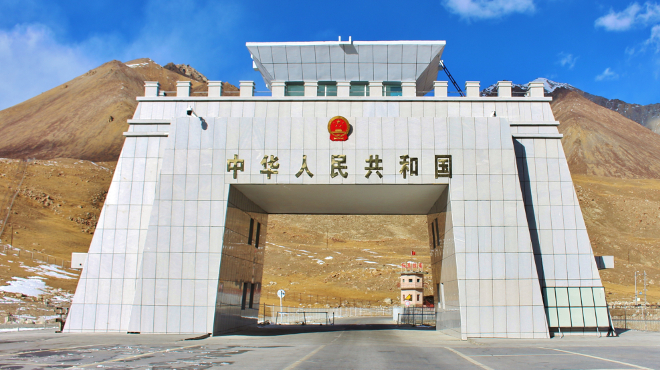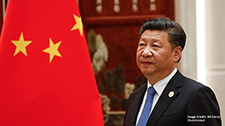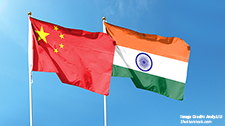The Shadow War: How the Pahalgam Terror Attack Redefined India-China-Pakistan Equation

Jagannath Panda
The Pahalgam terror incident has exposed deep-seated fractures in the regional power matrix. China’s strategic posture in the aftermath — marked by conspicuous silence, selective language, and diplomatic hedging — underscores a growing contradiction between its self-styled image as a responsible global power and its operational behavior in South Asia. By refusing to acknowledge the terrorist dimension of such attacks or to pressure its close partner, Pakistan, Beijing reveals a troubling unwillingness to act as a genuine stabilizing force in the region. The contradictions in its stand are only growing and becoming more transparent to the world by the day.
Is China truly committed to regional peace and stability, or is it bound by time-worn strategic alignments that prioritize geopolitical advantage over normative responsibility? Can a power that positions itself as an architect of global order afford to undermine its credibility by shielding a state associated with cross-border terrorism? What should be India’s strategic response to this shadow war?




